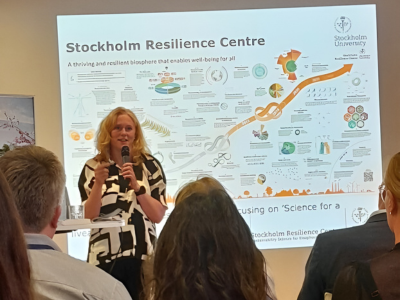Integrating Social Sciences for a Sustainable Future: insights from the Stockholm Trio Seminar
27 June 2024 | From UNICA

UNICA was pleased to join the University Alliance Stockholm Trio Seminar “How to achieve real integration of social sciences and humanities into transdisciplinary research for a competitive, green, and fair Europe”. The event took place at the Stockholm Region EU Office in Brussels, on 25 June.
The seminar was opened by Prof. Karin Dahlman-Wright, Karolinska Institutet, and Prof. Magnus Breiholtz, Stockholm University, greeting all present guests. Subsequently, participants convened for a panel discussion, amongst others around the question of how to achieve real integration of social sciences and humanities into transdisciplinary research for a competitive, green and fair Europe.
Mina Stareva (Deputy Head of Unit of DG RTD D3, Health and Societal Transitions) emphasized that achieving better societal value through improved research, particularly in behavioral aspects and social equity, is crucial for attaining the Sustainable Development Goals (SDGs).
Following Ms Stareva’s intervention, Line Gordon (Director, Stockholm Resilience Centre, Stockholm University) highlighted in her presentation the outputs of the Stockholm Resilience Center, such as the concept of planetary boundaries.
She stressed the importance of incorporating social sciences to conduct robust research.
Gordon noted that fostering a culture of collaboration and care can lead to high-quality research, with culture being central to this process. In this regard, she identified several success factors for research: building a positive culture, fostering companionship, committing to scientific excellence, developing transdisciplinary skills, securing long-term funding, and creating training and career pathways.
Afterwards, Cecilia Magnusson (Director, Centre for Epidemiology and Community Medicine, Karolinska Institutet) called for changes in research funding approaches.
She underscored the need to understand how health is evolving, emphasizing the importance of transdisciplinary efforts to anticipate and address future epidemics.
As a closing, Maria Mancilla Garcia (Chair in Environmental Humanities at Université Libre de Bruxelles (ULB)) discussed the importance of interdisciplinary and transdisciplinary research, highlighting the need to engage with stakeholders outside of traditional research settings. She explained that true transdisciplinary research involves genuine integration across various disciplines and respecting the unique cultures within each field. Garcia noted that while integration across disciplines can be easy at times, it can also be challenging. She suggested that building trust, developing a common vocabulary, and managing diverse questions require time and long-term funding programs. She also pointed out that certain cultures might find it more difficult to integrate than others, emphasizing the need to challenge existing norms and create inclusive spaces for collaboration.
The topic of the seminar has long been a focal point for UNICA. Reflecting this enduring interest, the upcoming 35th UNICA General Assembly & Rectors Seminar, set to take place at the National and Kapodistrian University of Athens (NKUA) in June 2025, will explore similar themes under the banner “The Key Role of the Humanities in Education and Research in Modern Universities.“





 Co-funded by the European Union. Views and opinions expressed are however those of the authors only and do not necessarily reflect those of the European Union or the European Education and Culture Executive Agency (EACEA). Neither the European Union nor the granting authority can be held responsible for them.
Co-funded by the European Union. Views and opinions expressed are however those of the authors only and do not necessarily reflect those of the European Union or the European Education and Culture Executive Agency (EACEA). Neither the European Union nor the granting authority can be held responsible for them.